Ten-year plan for sustainable growth of mangrove oyster production to benefit women producers and stabilize oyster stocks
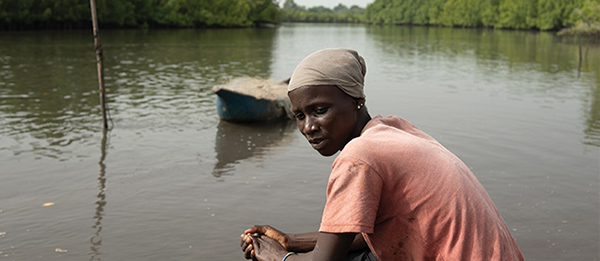
FISH4ACP and The Gambia have signed an agreement to adopt a 10-year plan for sustainable growth of mangrove oyster production. The plan is anticipated to benefit women producers and stabilize oyster stocks.
The agreement stems from joint efforts of public and private sector representatives of the Gambian oyster value chain and FISH4ACP – a global fish value chain development initiative of the Organisation of African, Caribbean and Pacific States (OACPS) implemented by FAO with funding from the European Union (EU) and the German Federal Ministry for Economic Cooperation and Development (BMZ).
“This agreement bolsters our support to Gambia’s oyster sector,” said Fanta Bojang Samateh, deputy permanent secretary of the Ministry of Fisheries, Water Resources and National Assembly Matters. “It is of great importance for the women who dominate this sector, allowing them to feed their families and improve their livelihoods.”
The strategy lays down an ambitious roadmap for the sustainable development of oyster production in The Gambia over the next decade. It contends that growth is possible because of increasing demand on the local market, but stresses that “improved and participative resources management is essential” to make the exploitation of wild oysters more sustainable and to address decreasing oyster stocks.
At the same time, The Gambia’s emerging oyster aquaculture sector will be supported with financially viable new production methods, an increase in the number of oyster farms and an update of the framework regulation oyster farming.
Pilot schemes to trial the sale of new oyster products – such as fresh oysters or oyster shells for poultry feed or jewelry products – as well as the exploration of new marketing channels will feed into a market strategy for the oyster, which will be based on robust product hygiene standards for consumer safety.
Market development will go hand in hand with improvements in equipment and infrastructure. These will be partly financed by value chain actors themselves, who will be supported to get better access to financial resources.
“The agreement reached today underpins our resolve to transform the oyster sector into a sustainable venture,” said Moshibudi Rampedi, FAO representative in The Gambia. “FISH4ACP shows how we can make the oyster value chain resilient and meet a growing demand for nutritious, safe and affordable food while maintaining sustainable ecosystems and leaving no one behind.”
Follow the Advocate on Twitter @GSA_Advocate
Now that you've reached the end of the article ...
… please consider supporting GSA’s mission to advance responsible seafood practices through education, advocacy and third-party assurances. The Advocate aims to document the evolution of responsible seafood practices and share the expansive knowledge of our vast network of contributors.
By becoming a Global Seafood Alliance member, you’re ensuring that all of the pre-competitive work we do through member benefits, resources and events can continue. Individual membership costs just $50 a year.
Not a GSA member? Join us.
Author
Tagged With
Related Posts
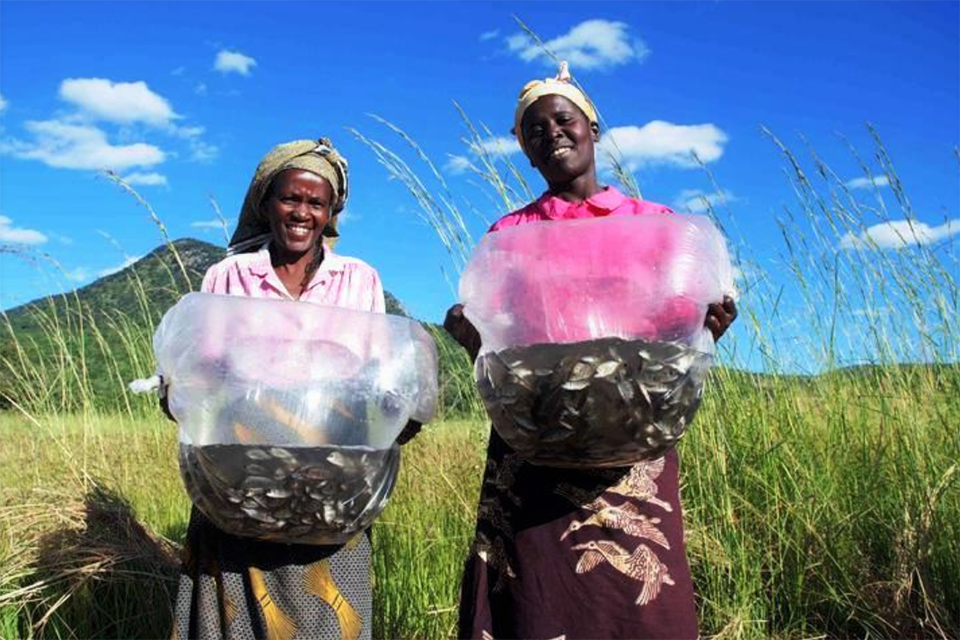
Responsibility
Assessing the future of fish in Africa
Key insights into fish supply, demand projections, employment and investment estimates needed to secure projected fish supplies in 2030 and 2050.
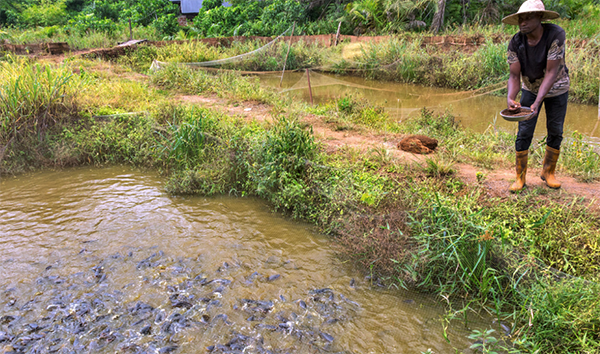
Responsibility
Norway pledges $5 million for IFAD aquaculture projects in East Africa
The Norwegian Agency for Development Cooperation (NORAD) has committed $5 million to support IFAD aquaculture projects in East Africa.
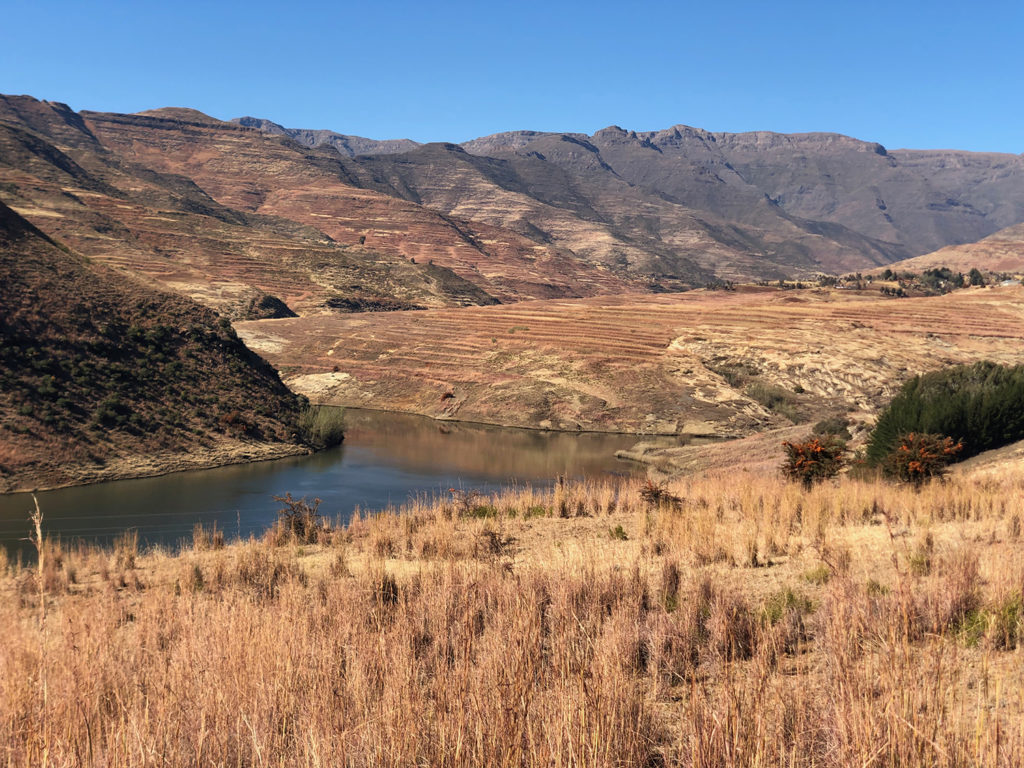
Innovation & Investment
Africa’s first land-based salmon farm a landmark for Lesotho
A Singapore-based company aims to make Lesotho, a nation of 2 million people, known for a local fish that’s truly anything but local: Atlantic salmon.
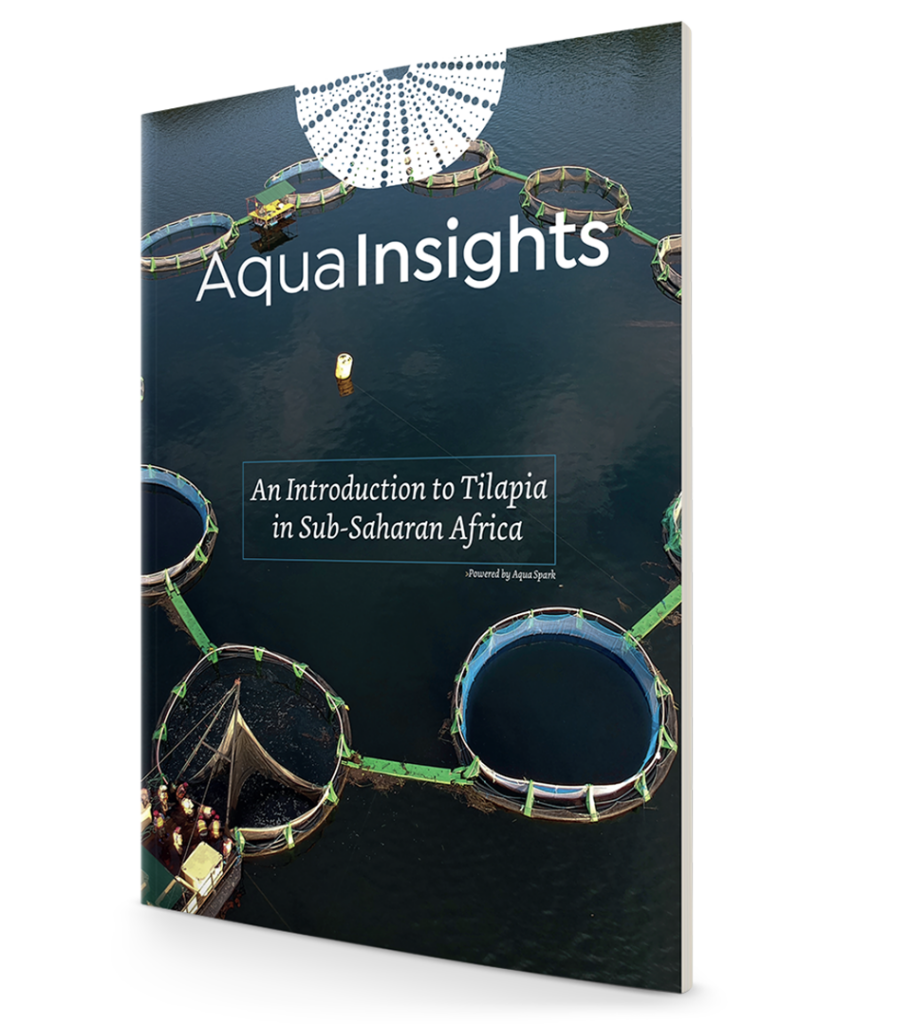
Innovation & Investment
Aqua-Spark report: Tilapia aquaculture key to food security across sub-Saharan Africa
A new Aqua Insights Report from Aqua-Spark finds that tilapia aquaculture is key to food security across sub-Saharan Africa.



